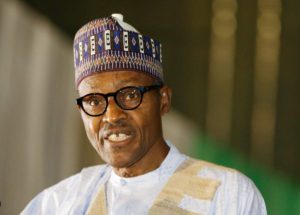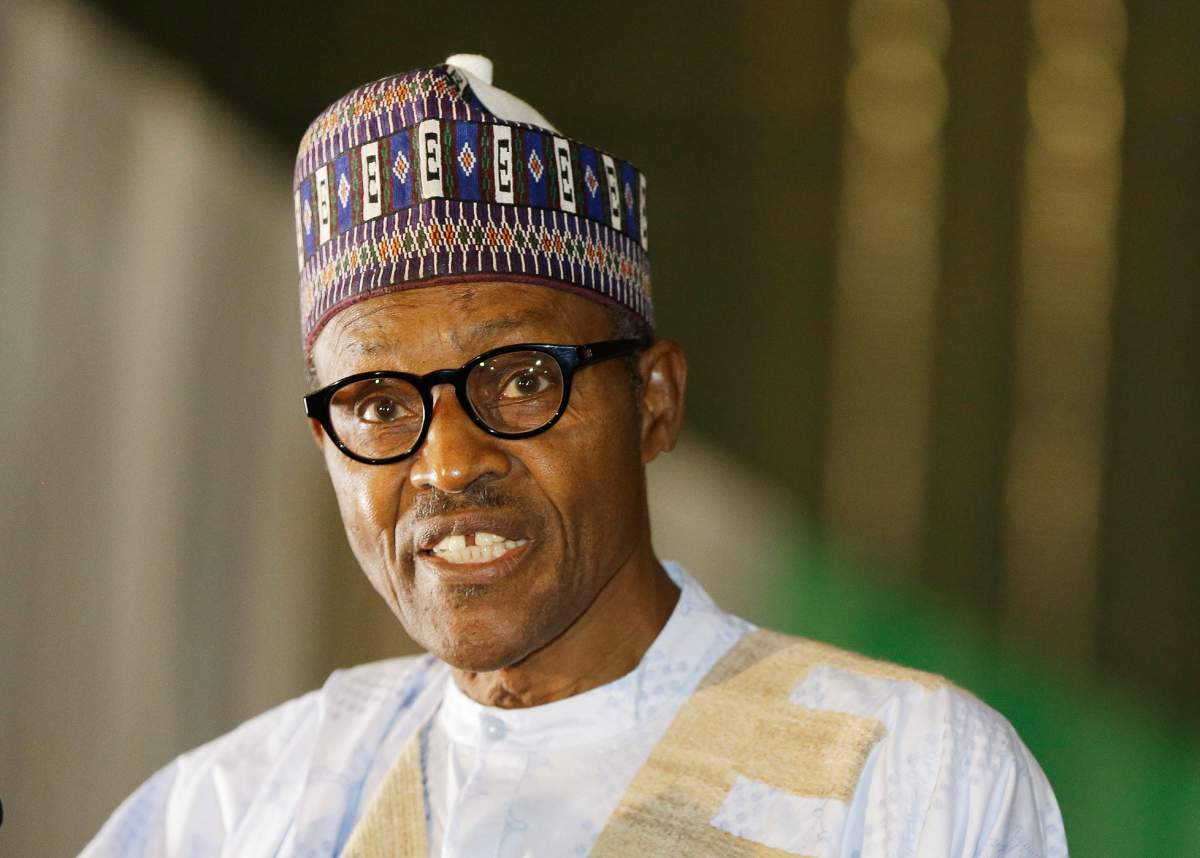
Nigerians should rejoice at the current economic downturn.
Jump with joy as high as hungry bellies allow.
Because the recession has unveiled a start line for Nigeria’s miracle race into the club of advance economies where a better life, with the highest living standard is basically guaranteed. All that is missing is a roadmap, which hopefully, President Buhari has crafted splendidly.
True, times are hard for Nigerians. But this hardship is tolerable compared to the utter misery from several wars, revolutions and financial crisis that birthed the Asian economic miracles in South Korea, Japan, China, Malaysia, Singapore and India.
In fact, development economists had practically thrown in the towel for East Asia especially Singapore, Korea and Taiwan in the late 1950s, because their economic hopelessness appeared insurmountable – with little or no channels to raise money, or exports to generate revenues.
Then as now, other “economic experts” presented the Asian countries with ‘snake oil’ remedies that encouraged economic bondage to foreign loans and extractive servitude, disguised as economic revival roadmap.
Not surprisingly, the International Monetary Fund (IMF) and other “economic experts” are currently loitering around Aso Rock, hawking similar balms to Nigeria as antidote to her recession woes. President Buhari must learn from history, in saying an emphatic NO to such deceitful policies that are skewed to favor hidden interests.
For Asia’s economic miracle to materialize, celebrated leaders such as Park Chung Lee (South Korea), Chiang Kia-Shek (Taiwan), and Lee Kuan Yew (Singapore), in the midst of chaotic economic crises and war ruins, drew up economic roadmaps which prioritize industrial production and export by all means possible, to enable their countries gain a foothold in global trade.
Note to President Buhari; these economic roadmaps were not drawn up in the best of times, or surplus. Rather, their design was finalized and implemented while these Asia nations were immersed in similar economic recessions and dire conditions as Nigeria today, and in most cases, worse.
To be sure, globalization has done little to convince competitors in the global trade to pull more competitors on board. Rather, the competiveness of advanced economies is deeply rooted in encouraging an ecosystem where most developing countries, serve as primary source of cheap raw materials, and ‘end market’ for finished goods.
Tellingly, no country is overly eager to help another country become a producer and competitor in the same global marketplace. You have to earn your spot!
Nigeria must ask President Buhari, where’s our roadmap to first nation economy? Nigerians must demand from Aso Rock, a clear concise economic roadmap that is unambiguous its directions to the promise land.
The Asian economic miracle saw income jump by unprecedented percentage (in some, tens of thousands) and living standard improve at a pace never before witnessed in recorded human history. All this occurred without support from natural resource earnings like Oil or access to soft loans.
In fact, during the same period, Ghana, Nigeria, Congo and other resource rich countries where forecasted to enter the “first world” economic club far ahead of most the Asia countries. However, it appears the economists making such projections clearly underrated Africa’s kleptomaniac administrations capacity to “piss away” fortunes without any appreciable investment in infrastructure or industries.
The transition from a “third world” economy to “first world” economy is not happenstance. It starts and end with quality leadership and followers – people. Asians resolved to chart their destiny and engage an economic model that defy conventional prescriptions. They decided to produce, produce, produce, and sell to the world by all means possible.
Has President Buhari’s administration sounded the gong to Nigerians that we must produce, produce, produce, and sell to the world by all means possible?
That is why the lamentations of President Buhari about Nigeria current downturn is worrisome. The present economic crisis should be seen as an opportunity, rather than a misfortune. An opportunity to harness the resources – human and material, that Nigeria possess to elevate her into the club of economic miracles.
“In 1981, East Asia had the highest poverty rate of any region in the world, with nearly 80 percent of its people living on less than a $1.25 a day. By 2005, the rate had fallen to only 18 percent (by comparison, the percentage of the population of sub-Saharan Africa suffering in absolute poverty has remained unchanged over the same period, at 50 percent)”. World Bank report of August 26, 2008
At risk of repetition, a vibrant industrial base must be front and center of any economic roadmap worthy of consideration.
Centuries ago, one of American founding fathers – Alexandra Hamilton mused that “Not only the wealth, but independence and security of a country appear to be materially connected to the prosperity of manufactures (manufacturing). Every nation with a view to those great objects, ought to endeavor to possess within itself all the essentials of national supply. These comprise the means of subsistence, habitation, clothing and defence”.
Emma Adoghe wrote in from Miami, FL

